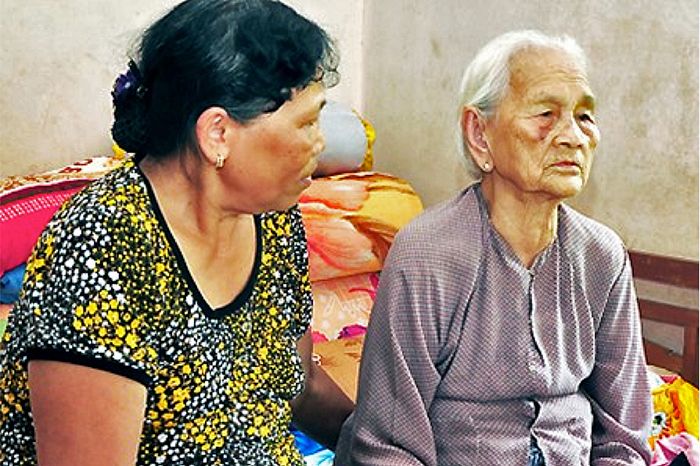Health experts have sounded alarm bells regarding Vietnam's increasing consumption of sugary drinks.
At a conference held on Friday in Hanoi, experts warned about obesity and negative health effects associated with the past 15 years' increase in sweet beverage sipping, according to VnExpress. The warnings are supported by data compiled by the World Health Organization (WHO).
"Soft drinks are a top pick by adults and children alike but the fact is that sweetened beverages are the primary culprit behind rising obesity, which is linked to many health risks like cardiovascular diseases, hypertension and stroke," Truong Dinh Bac, deputy head of the General Department of Preventative Medicine at Vietnam's Ministry of Health, told the news source.
Further research into Vietnam's sugary drinks industry reveals a more grim reality than that of just over a decade ago. "Vietnam's sugar consumption per capita is 46.5 grams per day, just shy of the maximum level of 50 grams a day, and two times higher than the dosage recommended by WHO." Truong Tuyet Mai, currently deputy director of the National Institute for Nutrition, explained. She also pointed out that the Vietnamese public is predicted to consume over five billion liters of sweetened beverages by the end of 2018 alone. This would translate to an astronomical increase of over nine times since 2000.
"The incidence of diabetes in Vietnam has increased by more than 200% in ten years, while the proportion of overweight and obese children and adolescents between 5-19 rose by 273% between 2012-2016," Bac expounded on worrying statistics that will lead to greater stresses on public health systems.
These figures are corroborated by reports last year that 5.4% of the population lives with diabetes, which makes Vietnam home to the highest and fastest-growing rates of diabetes in Southeast Asia. Separately, the Ministry of Health claimed that as of 2015, some 25% of local adults are obese, whereas for young Saigoneers this figure was 10.8%. Later findings from the National Institute of Nutrition presented even more striking figures. Up to 50% of children in Saigon are obese, as of 2017.
In response to these concerning trends, since late 2017, the Ministry of Finance has been considering a special consumption tax applied on items such as beer, liquor, and cigarettes in addition to sugary drinks aimed at reducing the number of health concerns. However, it continues to face a hurdle in composing a clear definition of "sugary drinks" and fierce opposition from Vietnam's Sugar and Sugarcane Association.
However, Vietnam is not unique in the challenges it faces in drafting legislation concerning sugary drinks. A report analyzing the global trend in sugar consumption taxation by Euromonitor International, a British market research firm, has sent drawn attention to the sugar industry.
"So far, intrinsic (naturally contained) sugars have been exempt from all legislation and most nutrition recommendations. However, categories such as milk-based drinks and 100% fruit juice are getting more attention regarding their sugar content." The company wrote in advice to its clients and readers.
[Photo via VietnamNet]














